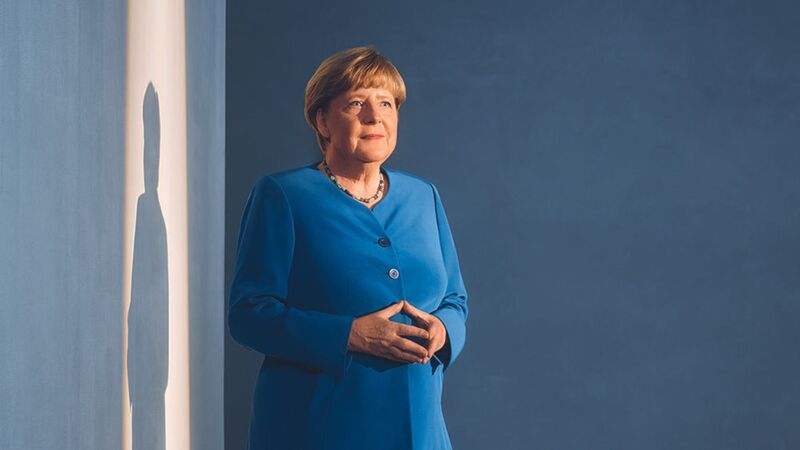You are viewing your 1 free article this month. Login to read more articles.
Taplin talks tech power at DBW
What a difference the passage of six years makes, Mike Shatzkin reminded us, introducing the Digital Book World conference in New York yesterday (Tuesday 8th March).
Since the first DBW in 2010, there has been the opening of the iBookstore; half of all physical shelf space has been lost; the Department of Justice has changed the playing field; self-published authors have blossomed, putting downward pressure on price; indie stores have seen a resurgence; Amazon has got into bricks-and-mortar, another front in their war for dominance. And that’s just a few among many developments.
Shatzkin said he saw publishers’ “greatest challenge” now as creating platforms to communicate with readers, and their “biggest failure” as not giving authors help to build a digital presence. The tech sector is gobbling the revenue pie, forcing content creators to eat a lot less.
The most talked about presentation of the day came early, from Jonathan Taplin: former road manager for Bob Dylan, producer for Martin Scorsese, and currently director of the Annenberg Innovation Lab at the University of Southern California. The theme, “Sleeping Through a Revolution,” is also the title of his book coming from Little, Brown in 2017.
Taplin is worried that “platform, and not content, is king”. That’s not what the Internet’s countercultural founders wanted at all; they were into moral purpose and decentralizing control. It’s time we put moral and spiritual purpose into the framework, he argued.
He traced where things went wrong back to Peter Thiel - a Stanford libertarian follower of Ayn Rand – who founded PayPal, and set an example for others with his “who’s going to stop me” philosophy. Thiel and his followers wanted no government regulation; no taxes (e.g. the no-sales-tax “gift” to Jeff Bezos); no copyright; and no competition.
That has brought untold pain for musicians, journalists, many creatives working in film and TV, and moved money that would have gone to them over to Google, Amazon, and Facebook. Marry Thiel’s libertarianism with the late Justice Robert Bork’s idea that “the only thing that matters is price” – a concept that all too successfully infiltrated the Department of Justice – and you understand how Google has been allowed to accrue 90% of search share; Facebook, 75% in mobile social; and Amazon, to become a dominant monopsony in books.
Sounding like Senator Bernie Sanders, Taplin asked: “Is this tech revolution great for everybody or just a few at the top of the Forbes 400? Since 1980, wages have become separated from productivity. The world is getting less free. Google sells ads next to ISIS videos on YouTube. Huxley was right: we’re living in Brave New World today, and in a Colosseum culture, where Donald Trump has 6,000,000 Twitter followers.”
How, he asked, do we start a new revolution? Begin by taking antitrust enforcement seriously. We also have to ask how to use this economy to foster “artist cooperatives” (like Magnum in photography, or Sunkist in agriculture) to counterbalance tech power.
Dr Jessica Sanger of Germany's book trade association Borsenverein dived into the nitty-gritty of two German antitrust cases. She referenced a June 2014 complaint about Amazon requesting a publisher to pay a higher discount on e-books; when the publisher said no, Amazon delayed deliveries of the publisher’s print books to customers (sound familiar?).
In June 2015, the European Commission launched a formal probe, but instead of concentrating on coercion, focused on a different aspect: Amazon’s asking for a “most favoured nation” clause. As of now, the practice of delayed deliveries has stopped, and Germany’s Tolino alliance is managing to compete with Kindle.
The second case involves Audible. The German Cartel Office launched an investigation in November about restrictive practices. Although it is ongoing, just the fact of the investigation has resulted in some of the restrictive practices having stopped.
Sanger noted that “the authorities prefer tackling restrictive practices. They’re not keen to go into abuse of dominant position – they need to do too much research to prove it.” The Borsenverein, as a trade association, “is not anti-Amazon. But [they] have made us more consumer-orientated, and we are not scared to tackle anti-trust law, an American invention that is being put to good use in Europe.”
The need for scale to compete in a world dominated by the tech companies was emphasized again this week with the announcement of the sale of Perseus’s publishing divisions to Hachette, and its distribution business to Ingram.
In a Q&A with Shatzkin, John Ingram, chairman and c.e.o. of Ingram Content Group, acknowledged that “this signals a change in our center of gravity. Going forward, the company will look more into the marketing area – discoverability…. It also allows us to be more aggressive about investments.”
Refreshingly, he admitted that when he got into digital early on, there were some “tough years” when things didn’t go well, and he had to deal with pressure from his relatives at the family-owned Ingram business. He made mistakes. “But we had to believe and hang on. There’s always tension between control and innovation. You’ve got to be open to cultural change. This isn’t my father’s Ingram.”
That necessary openness to change was emphasized as well by Mary Ann Naples, formerly of Rodale but who is now taking over as Disney publisher; by Sourcebooks founder Dominique Raccah; and by Quarto c.e.o. Marcus Leaver. For Naples, “transformation is the new safety, and company transformation rests on personal transformation. Embrace failure to play your best game; don’t let it paralyze you.”
Leaver talked of the “mindset change” he had to institute when he took over from a founder who had run the company for 36 years. “We changed from profit to purpose; hierarchy to network; control to empowerment; and short term to long term. There was a huge lack of clarity and purpose and transparency. Fear of the unknown and unknowable had to be taken out of the creative process. If the person at the top of the tree says ‘I failed,’ it gives permission to the people in the room to make mistakes".
Now Quarto “behaves as one organization with 44 imprints or businesses that are dynamic portfolios. We used to have 275 separate websites; we cut the publishing to ten categories, and sell as per those categories.”
The proof is in the pudding. Quarto is a listed company, and on 17th March, will announce $13.5m profit before tax, surpassing analysts’ expectations.
Sourcebooks is also on a roll; bucking the trend, its e-books were up 13% in 2015. Its personalized “Put Me in the Story” series is its most successful product. “The strategic problem is to add more value. Don’t worry about perfection; you iterate and start scaling. Understand the consumer experience. The goal is to fail fast and succeed faster,” Raccah advised.


















